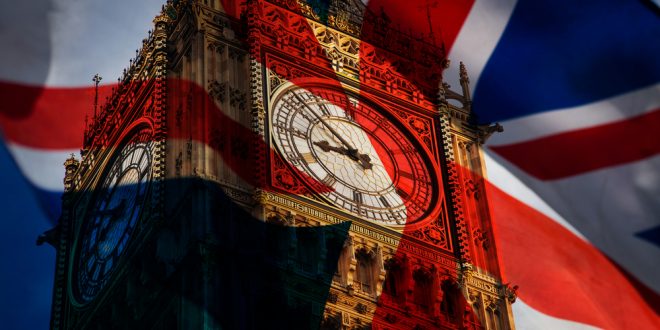British inflation surged to its highest level in eight months this November, reaching 2.6% on an annual basis, compared to 2.3% in October. This marks a sharp climb from September’s 1.7%, the first time inflation dipped below the Bank of England’s (BoE) 2% target in over three years. While this uptick aligns with economists’ forecasts, it underscores the persistent challenges the central bank faces as it navigates a fragile economic landscape.
The acceleration in inflation was broad-based, with the transportation sector playing a leading role. Rising costs for petrol and car purchases fueled the increase, partially offset by milder rises in airfares and dining expenses. Despite the upward trend, the BoE found some solace in the steadiness of service sector inflation—an important indicator of domestic price pressures—which held at 5.0%, unchanged from October. Economists had anticipated a marginal rise to 5.1%, while the BoE had projected a slight dip to 4.9%.
Core inflation, which strips out volatile components like energy, food, alcohol, and tobacco, also edged higher, moving to 3.5% in November from 3.3% in October. This signals sustained underlying price pressures that could complicate the BoE’s long-term strategy.
The central bank remains particularly concerned about strong wage growth, which continues to exert upward pressure on inflation. Compounding this, a tax increase on employers, set to take effect in April under the new government, is expected to translate into higher prices, with some analysts predicting headline inflation could peak at 3% by 2025.
Despite these pressures, the BoE is likely to keep interest rates steady at its December meeting. Policymakers have indicated a cautious approach to rate cuts, mindful of the economy’s recent signs of slowing momentum. The inflation data prompted a slight dip in sterling against the dollar, reflecting market uncertainty around the central bank’s next steps.
For now, the BoE finds itself walking a tightrope, balancing concerns over rising prices with the need to support a stalling economy. While the steadiness in service inflation offers a glimmer of relief, the broader inflationary pressures suggest that the path to monetary easing may be slower and more deliberate than markets had hoped.
 Noor Trends News, Technical Analysis, Educational Tools and Recommendations
Noor Trends News, Technical Analysis, Educational Tools and Recommendations





